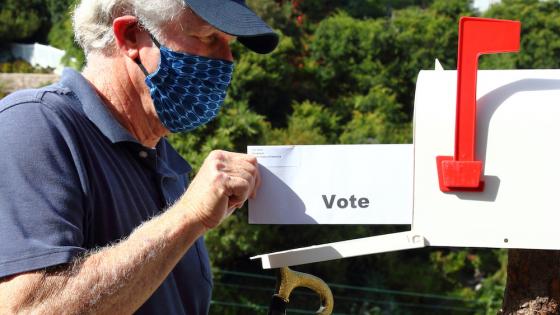DP15641 A political economy of loose means-testing in targeted social programs
This paper studies the political sustainability of programs that are targeted towards the poor. Given that the poor to whom these programs cater do not constitute a majority, we show that for their own good it pays to let the middle class benefit from them in a random way. This approach mimics the actual institutional arrangements whereby middle-class individuals feel that they can successfully apply to the programs. We consider a two stage decision process: first a Rawlsian government chooses the probability at which the middle class is allowed to benefit from a given program; then, majority voting determines the level of benefit and the rate of contribution. At the first, constitutional stage, the government cannot commit to a specific level of taxes and benefit but anticipates that these are set by majority voting in the second stage.

